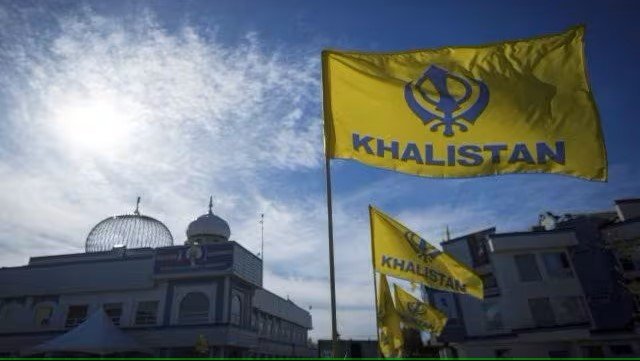Canadian Prime Minister Justin Trudeau’s recent visit to India has unveiled a flurry of diplomatic tensions and reignited concerns over Khalistani extremist activities on Canadian soil. The visit, marred by strained relations, ended with accusations and expulsions, showcasing the complex dynamics between the two nations.
In-depth News Article:
Canadian Prime Minister Justin Trudeau’s recent trip to India took an unexpected turn as he faced a chilly reception from Indian authorities and a resurgence of concerns regarding Khalistani extremist elements operating within Canada. This diplomatic debacle has raised eyebrows and cast a shadow over the relationship between the two nations.
Trudeau’s visit began on an awkward note as he found himself largely ignored by New Delhi, a sign of strained relations between the two governments. Things took a further downturn when he met with Indian Prime Minister Narendra Modi, who expressed his reservations about Canada’s stance on Khalistan, a separatist movement seeking an independent Sikh state.
Adding to Trudeau’s woes was the grounding of his official aircraft in Delhi due to a technical issue, which resulted in a two-day delay. Although the Government of India offered the use of Air India One, the Canadian PM opted to wait for his own plane, prolonging his stay in a situation that was already marked by tension.
The strained atmosphere continued during the G20 Summit, where Trudeau and his team appeared to be isolated and uncooperative. Reports indicate that Trudeau’s team took six hours to respond to a simple offer of Air India One and declined the offer of a specially arranged presidential suite, choosing instead a regular room for the Canadian leader.
Upon his return to Ottawa, Trudeau escalated the diplomatic friction by alleging that Indian agents were responsible for the killing of Hardeep Singh Nijjar, a Khalistani terrorist, on Canadian soil. This accusation led to Canada’s expulsion of Pavan Kumar Rai, the head of Indian intelligence in the country, marking a significant deterioration in diplomatic relations.
The incident has once again brought Khalistani extremist activities in Canada into the spotlight. Both Conservative and Liberal governments in Canada have been criticized for allegedly pandering to Khalistani extremists over the past four decades, with Trudeau’s administration now facing accusations of “mainstreaming” these elements on a larger scale.
Summary Bullet Points:
- Canadian Prime Minister Justin Trudeau’s recent visit to India encountered diplomatic tensions and concerns about Khalistani extremists in Canada.
- Trudeau faced a cold reception in New Delhi and was rebuffed by Indian Prime Minister Narendra Modi over Canada’s stance on Khalistan.
- Technical issues with Trudeau’s aircraft extended his stay, and he declined offers from Indian authorities, further straining relations.
- Upon returning to Canada, Trudeau accused Indian agents of involvement in the killing of a Khalistani terrorist on Canadian soil, leading to the expulsion of the head of Indian intelligence in Canada.
- This incident has highlighted ongoing concerns about Khalistani extremist activities in Canada and raised questions about the Canadian government’s approach to these issues.


